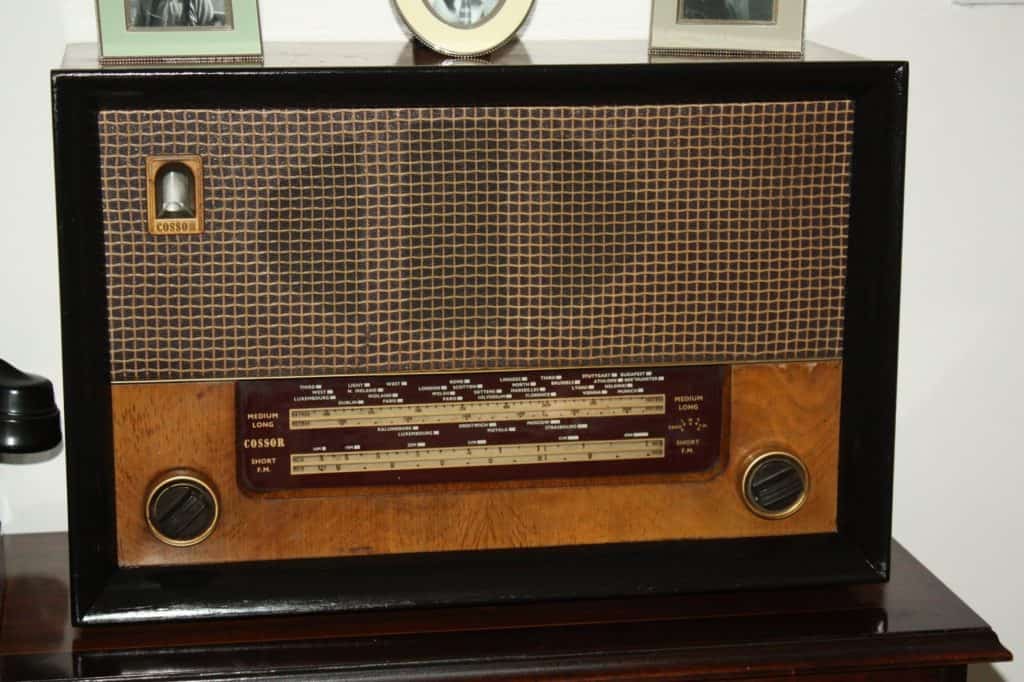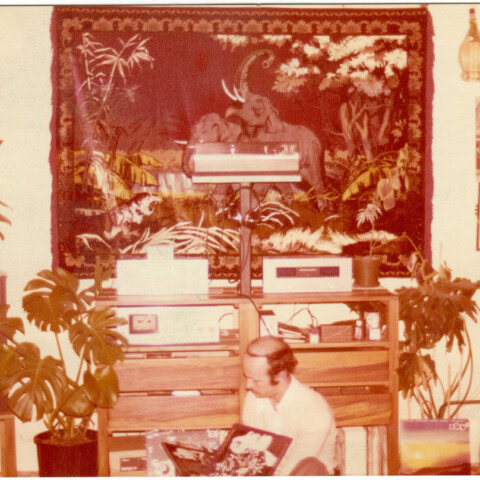A cross-brand Chinese consortium could be the just the Google killer the American Huawei ban failed to anticipate, reports PAT PILCHER.

Back in May, I wrote about Trump’s Huawei ban and how it could backfire for the US tech sector. You don’t need to be a genius to see the possibilities. Asian phone makers – particularly those in China – account for the bulk of the smartphone hardware sold globally (barring Apple). Given recent events, it isn’t hugely surprising that they’re beginning to see the American tech sector as a potential liability that should at best be avoided. Because of this, they’re developing their own resources to minimise their reliance on the United States.
It goes without saying that this has the potential to become a major headache for the American tech sector.
Well, It appears my speculation probably wasn’t too far from the mark. Reuters report that Chinese phone makers, Xiaomi, Huawei, Oppo and Vivo are pooling their resources to launch an alternative to the Google Play store. This partnership is nothing to sneeze at – the combined global market share of these four (according to IT market researchers, IDC) was a considerable 40.1 per cent in the fourth quarter of 2019. They also have a strong presence in emerging markets which drives much of the growth in the global smartphone market.
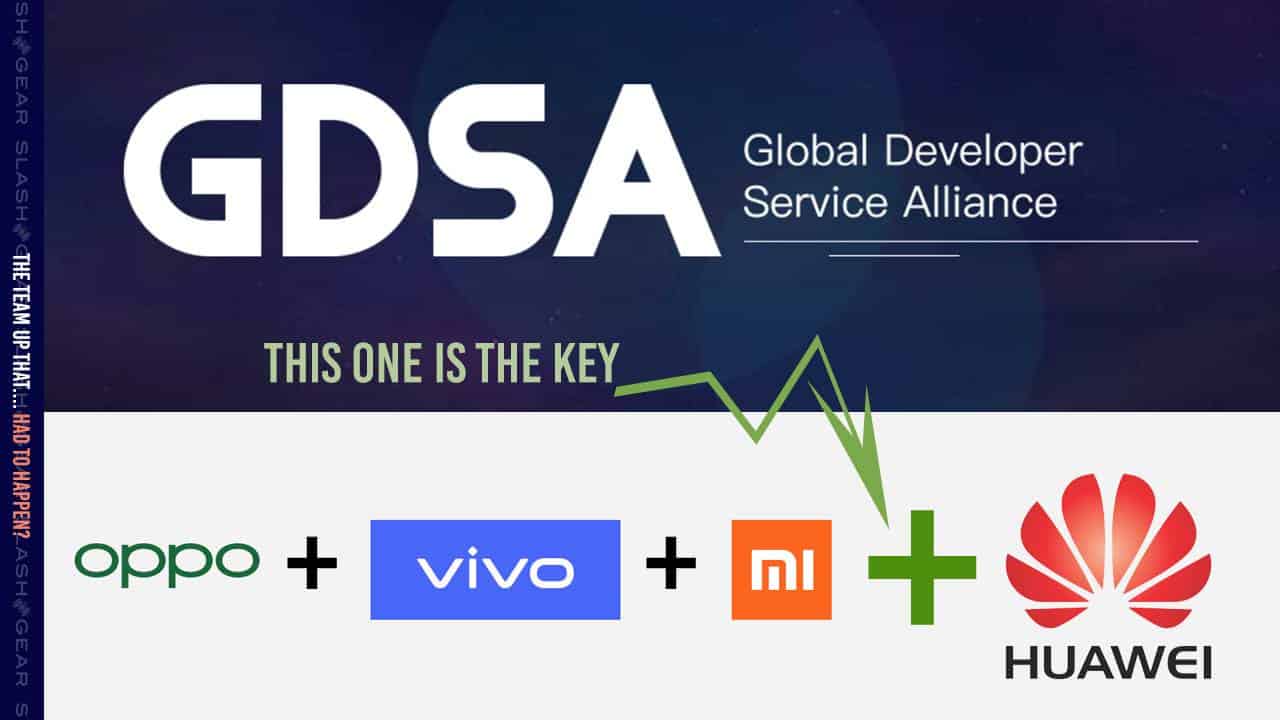
The four players are calling their partnership the “Global Developer Service Alliance”, or the GDSA. They say that their platform for developers could launch in March, but that this will depend on how badly the coronavirus outbreak continues to impact the Chinese economy.
While US media had speculated that Huawei would struggle to attract developers, things are likely to be very different under the GDSA.
Given Xiaomi’s popularity in India, Huawei’s in Europe and Oppo’s and Vivo’s in China, the GDSA could prove to be a compelling option for developers, especially those looking for a platform with enough reach to generate significant exposure for their apps. According to Reuters, the GDSA app store will be available in nine countries, including Russia and India. There is, however, no official word on its availability in New Zealand yet.
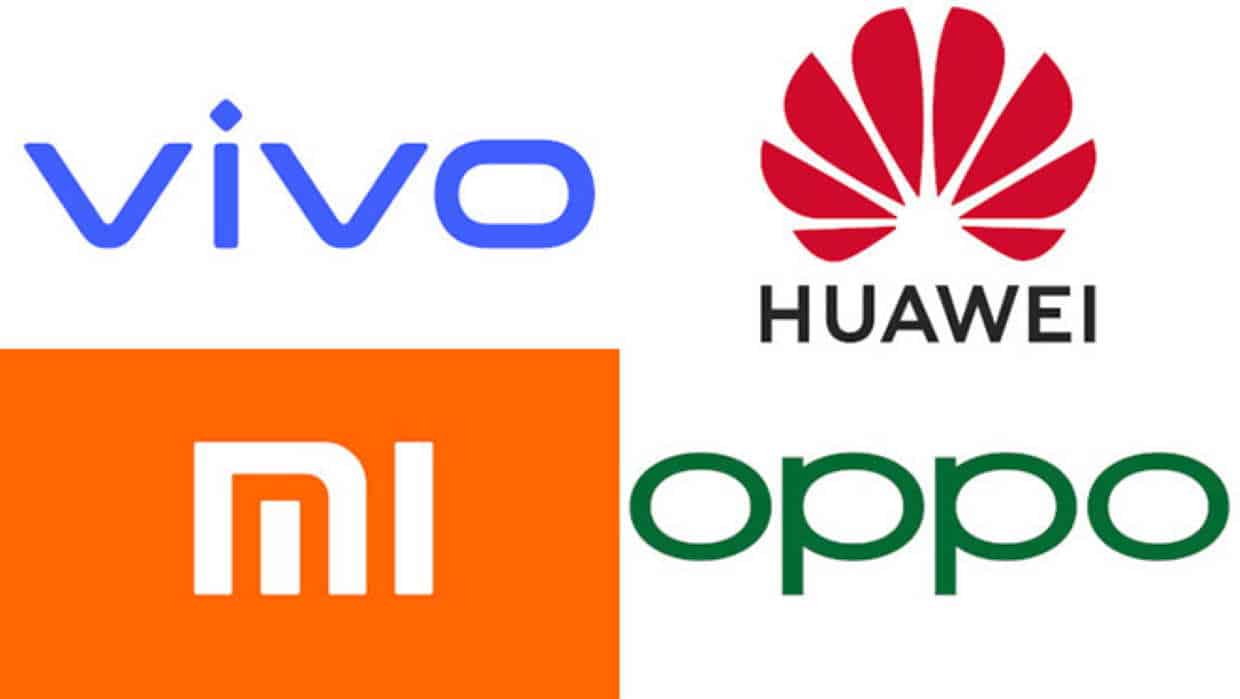
The GDSA could also signal a move towards open-source Android as the GDSA’s website also includes the logo of Wanka Online, a Hong Kong-based Android “ecosystem”. That said, while we at Witchdoctor may not be marketing experts, we believe Wanka may want to re-brand if they’re looking at launching globally. Interestingly, Wanka has so far declined to confirm its involvement with the GDSA.
To say that the move could become a major headache for Google – who earned a whopping US$8.8 billion from app store sales in 2019 – is a bit like asking, “Is water is wet?” That said, as with all commercial undertakings, the devil is in the detail. Will the GDSA drop its cut to developers? How will Google respond? Could we see an app store price war? It’s early days, but who knows?
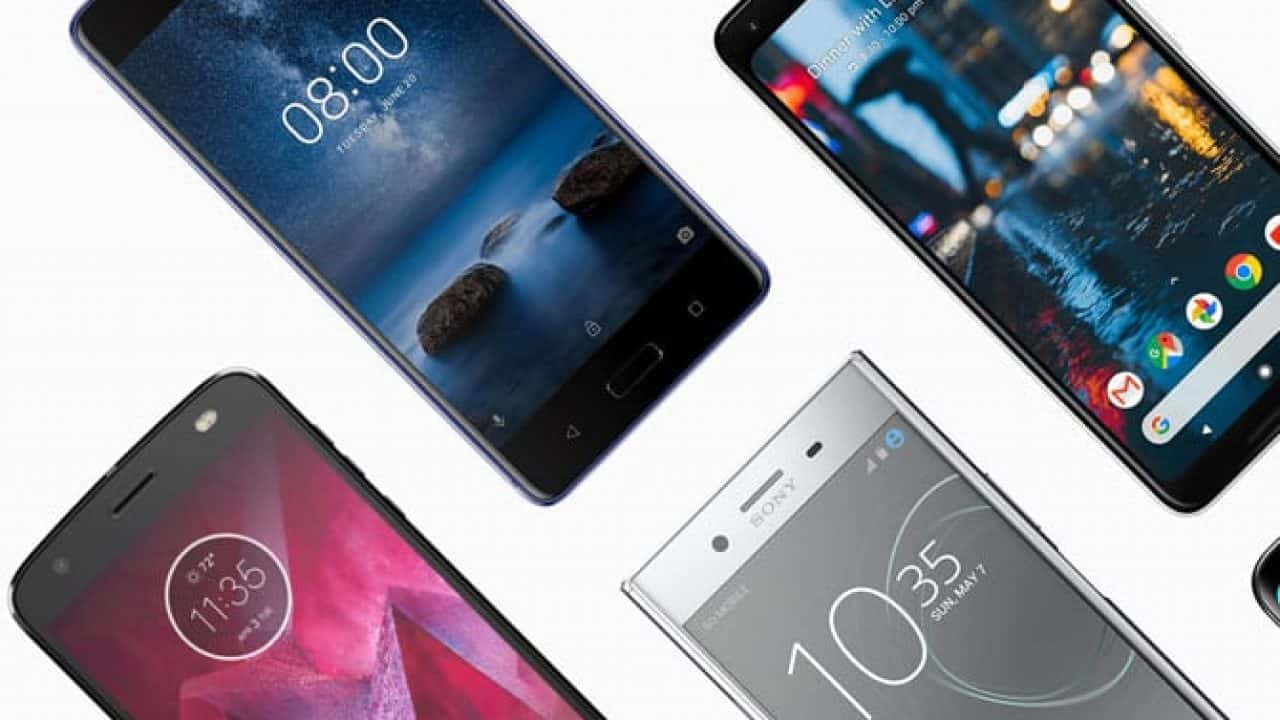
If the GDSA do manage to pull enough developers on board and expand membership to non-Chinese phone manufacturers, the fallout for Google will be considerable.
But wait! There’s more! Yahoo News is reporting US Attorney general, William Barr is saying America could buy a controlling interest in Nokia and Ericsson.
According to Barr, “There are only two companies that can compete with Huawei right now: Nokia and Ericsson…. Putting our large market and financial muscle behind one or both of these firms would make it a far more formidable competitor and eliminate concerns over its staying power.”

Barr is said to be alluding to proposals that he says have been doing the rounds. American control of Nokia/Ericsson could be achieved by either the States buying a controlling stake or becoming the dominant player in a consortium that owns an interest in both players.
For those outside the US, Barr’s suggestion is likely to be somewhat alarming. Ironically, US security concerns around Huawei has involved accusations of them being puppets of the Chinese government. Non-US governments could see American government-controlled network manufacturers with similar levels of alarm. This is especially relevant given that the only known case of a major network equipment manufacturer being caught with back doors in their equipment has involved US network equipment maker, Cisco.
Should Barr’s idea gain traction in American political circles, expect levels of concern from outside the US to grow.








